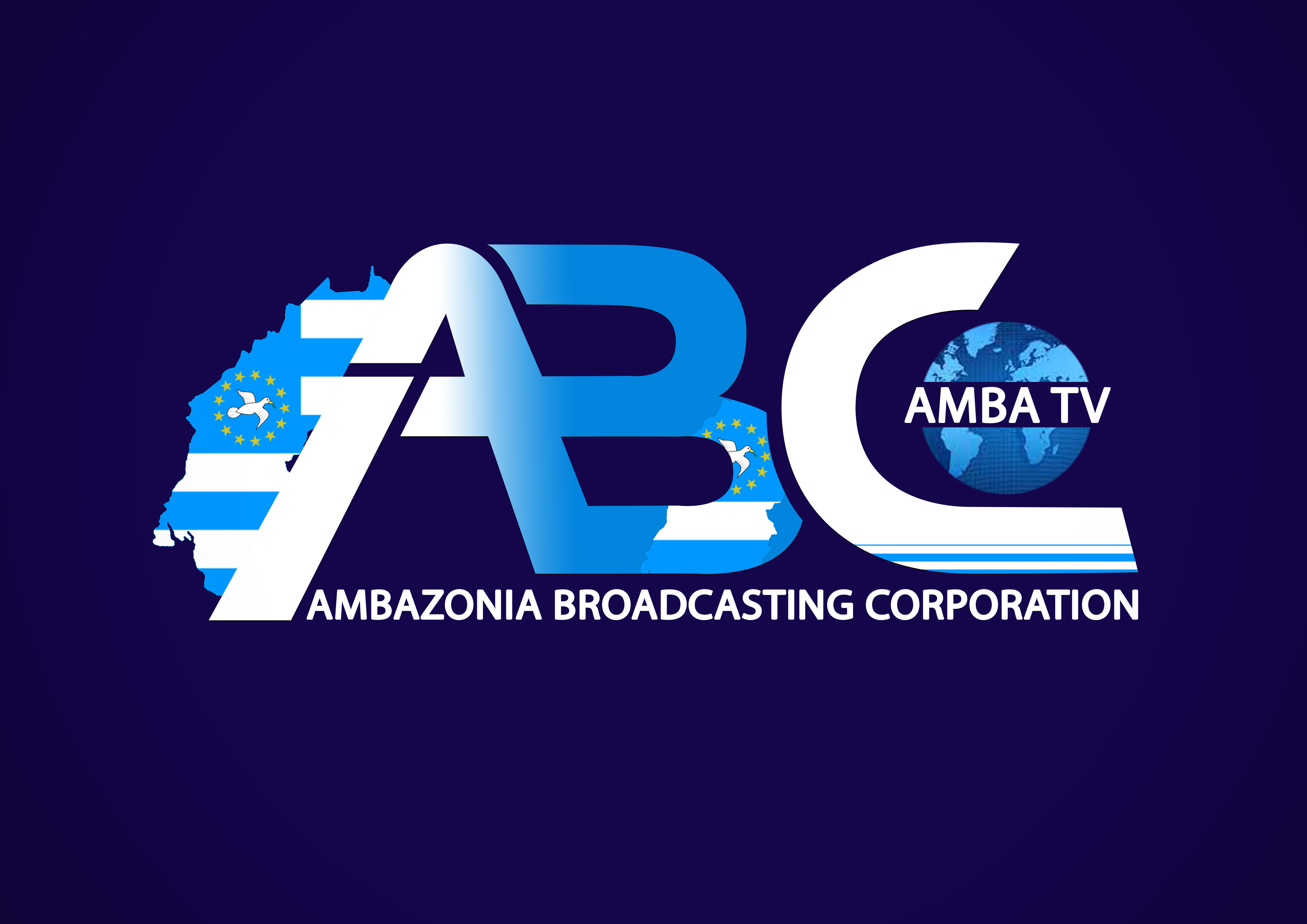
US-AFRICA SUMMIT: WHY SOME COUNTRIES WERE EXCLUDED
Why we excluded five African leaders from U.S.-Africa Leaders Summit — U.S. Govt*
Because the Summit is in the US, Secret service assures of tight security for delegates. So the United States, yesterday, clarified its decision to exclude five countries from its U.S.-Africa Leaders Summit holding in Washington D.C. According to the U.S. State Department’s Office of African Affairs, 49 African governments and African Union (AU) dignitaries were invited to attend the three-day summit beginning Tuesday. However, five countries were excluded from the invitations: Mali, Guinea-Conakry, Burkina Faso, Eritrea and Somali. Justifying the exclusion. yesterday, Senior Director for African Affairs at the National Security Council, Judd Devermont, said the State Department “wanted to respect the decisions of the African Union and did not invite countries the AU has sanctioned, as is the case of Mali, Guinea-Conakry and Burkina Faso. On the other hand, Eritrea and Somaliland were excluded because they don’t have diplomatic relations with the U.S.”
Also, at the briefing, Assistant Secretary of State for African Affairs at the U.S. Department of State, Molly Phee, highlighted that among the various themes that would be discussed in the various meetings to take place next week, the priorities will be peace, democracy, climate change, food security and good governance. “With a focus on good governance, democracy and security, this summit will not be limited to government leaders, but will also include business leaders in the most diverse areas, such as agriculture and health. The Director-General of the World Health Organisation, Tedros Ghebreyesus is one of the guests.” Phee, responding to a question about African Growth and Opportunity Act (AGOA), lamented that “better advantage” was not being taken of the programme. “AGOA will be part of the discussion. Whether the programme should continue and if so, in what form,” she said.
On the issue of maintaining consistency of relations between the United States and African countries, the Office of African Affairs of the U.S. Department of State noted that after the summit, it will be possible to strengthen ties with the African continent, notwithstanding changes in who leads the country. Recall that the last summit between African leaders and the United States was in 2014, during the Obama Administration. Given the scale that a substantial number of Africa’s Heads of State and government, royalty and more than three-quarters of the continent’s nation-states are sending their leaders to the summit, the U.S. Secret Service admitted that protection of African delegates will be a gigantic undertaking.
Spokesperson of the service, special agent Steve Kopek, said: “As a matter of practice and due to operational security, the agency does not comment on protective operations. The standard for security remains the same across all National Special Security Events (NSSEs). “Regardless of environmental factors and challenges, the unified mission is to provide a safe and secure environment for our protectees, other dignitaries, event participants and the general public during an event of national significance. “As is always the case, security during an NSSE is a layered network of operations that is run in tandem with partner agencies. The 2022 US-Africa Leaders’ Summit will be no different, and the Secret Service is committed to effectively executing the mission.”
According to the organisers, the summit aims to serve as a demonstration of the Biden administration’s commitment to the African continent and provide a forum for new joint initiatives between the United States and countries in Africa. This year’s iteration will include new initiatives to increase US engagement with the African Continental Free Trade Area (AfCFTA), as well as initiatives to boost the continent’s recovery from COVID-19, bolster food security and promote investment in infrastructure, health and renewable energy projects, among other priorities. The forum will also include interactions with the civil society, multilateral meetings between Biden and African heads of state, secretary and cabinet-level meetings for trade, energy and diplomacy, and a collection of industry-focused meetings under the purviews of the US-Africa Business Forum.


